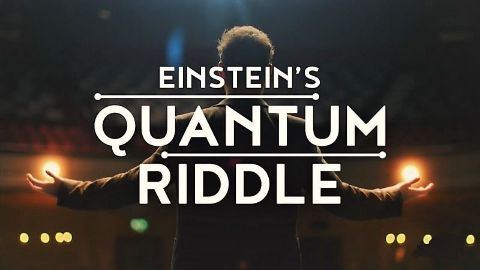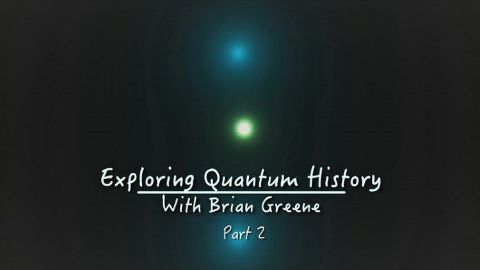Particle Fever • 2014
Documentary which follows six brilliant scientists during the launch of the Large Hadron Collider, marking the start of the biggest and most expensive experiment in the history of the planet. Filmed over seven years, it is an emotionally charged journey with scientists attempting to push the edge of human innovation. For the first time, a documentary gives viewers a front row seat to a significant and inspiring scientific breakthrough as it happens. As they seek to unravel the mysteries of the universe, 10,000 scientists from over 100 countries join forces in pursuit of a single goal - to recreate conditions that existed just moments after the big bang and find the Higgs boson, potentially explaining the origin of all matter. Directed by a physicist-turned-filmmaker and masterfully edited by Walter Murch (The Godfather trilogy), Particle Fever is a celebration of discovery, revealing the human stories behind this epic machine.
Make a donation
Buy a brother a hot coffee? Or a cold beer?
Hope you're finding these documentaries fascinating and eye-opening. It's just me, working hard behind the scenes to bring you this enriching content.
Running and maintaining a website like this takes time and resources. That's why I'm reaching out to you. If you appreciate what I do and would like to support my efforts, would you consider "buying me a coffee"?
Donation addresses
BTC: bc1q8ldskxh4x9qnddhcrgcun8rtvddeldm2a07r2v
ETH: 0x5CCAAA1afc5c5D814129d99277dDb5A979672116
With your donation through , you can show your appreciation and help me keep this project going. Every contribution, no matter how small, makes a significant impact. It goes directly towards covering server costs.





